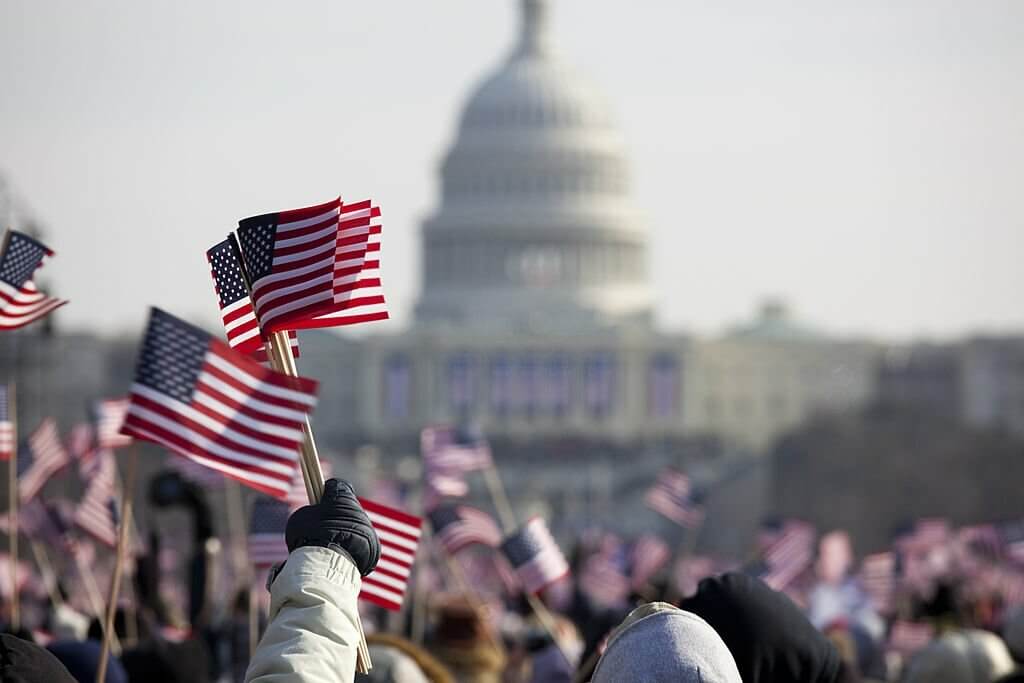The political landscape of the United States in the 21st century has been a tumultuous journey marked by unprecedented challenges, remarkable trends, and profound ideological shifts. From the dawn of the new millennium to the present day, the nation has witnessed a transformative evolution that continues to shape its societal fabric and global standing. American Politics:
1. Political Polarization: A Divided Nation
One of the defining features of American politics in the 21st century is the escalating polarization. The widening ideological gulf between the left and the right has led to heightened partisanship, making compromise and bipartisan cooperation increasingly elusive. The roots of this polarization run deep, stemming from differing views on issues like healthcare, immigration, climate change, and social justice.
2. Technology’s Influence on Politics
The digital revolution has revolutionized the political landscape. Social media platforms have become powerful tools for political engagement, enabling real-time communication between politicians and constituents. However, concerns about misinformation, echo chambers, and the manipulation of public opinion have emerged, raising questions about the impact of technology on democratic processes.
3. Demographic Shifts and Their Political Impact
The United States is undergoing significant demographic changes. The rise of a more diverse population, particularly with the growing influence of younger generations and minorities, is reshaping political priorities. Issues such as racial equality, LGBTQ+ rights, and gender equality are gaining prominence in political discourse, reflecting the changing demographics and social values.
4. Globalization and Foreign Policy Challenges
In an increasingly interconnected world, America’s role on the global stage has faced new complexities. From navigating trade agreements to addressing security threats and climate change, the nation’s foreign policy has encountered multifaceted challenges that require nuanced diplomatic strategies and international cooperation.
- Rise of Populist Movements*
The emergence of populist sentiments has disrupted traditional political norms. Populist leaders and movements have garnered support by capitalizing on discontent with establishment politics, promising radical changes, and advocating for the interests of the “common people.” This trend has sparked debates about the resilience of democratic institutions and the impact of populism on governance.
6. Ideological Shifts and Future Prospects
The 21st-century political landscape in the United States is witnessing gradual shifts in ideological paradigms. Concepts like democratic socialism, libertarianism, and environmentalism are gaining traction, challenging the dominance of traditional conservative and liberal ideologies. As the nation evolves, the trajectory of these ideological shifts will continue to shape the future of American politics.
Conclusion
The dynamics of American politics in the 21st century are complex, multifaceted, and continually evolving. Navigating through challenges, understanding emerging trends, and embracing ideological shifts are pivotal for fostering a more inclusive, responsive, and resilient political system. The path forward requires a collective effort to bridge divides, prioritize common ground, and uphold the values that unite the nation.
In this era of transformation, the course of American politics remains a subject of intense scrutiny, debate, and evolution—a journey unfolding against the backdrop of a dynamic and ever-changing societal landscape.



